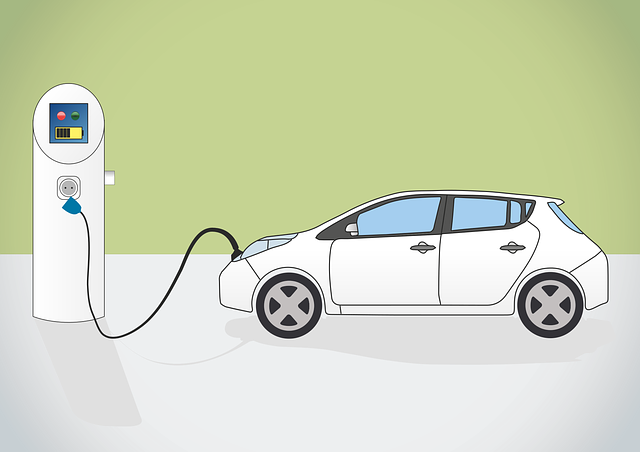Shipping electric vehicles (EVs) internationally requires meticulous planning due to varying regulations, charging standards, and battery safety protocols across countries. Reputable shipping companies that stay current with these guidelines are crucial for a smooth process. Key steps include securing proper documentation, ensuring compliance with destination requirements, verifying the shipper's security methods, researching local charging infrastructure, and packing essential tools.
Moving internationally? Don’t leave your car behind. Understanding international car shipping for relocations is key, especially with the growing popularity of electric vehicles (EVs). This comprehensive guide explores the unique challenges and considerations for shipping EVs globally, providing valuable tips and best practices to ensure a smooth transition. From documentation to handling delicate batteries, discover the secrets to a successful cross-border car shipment.
- Understanding International Car Shipping for Relocations
- Challenges and Considerations for Shipping Electric Vehicles Globally
- Tips and Best Practices for Seamless International Car Shipping
Understanding International Car Shipping for Relocations

International car shipping is a complex process, especially when relocating across borders. Understanding how to navigate this intricate landscape is crucial for a smooth transition. When it comes to modern vehicles, including electric cars, the challenges can be unique due to specific regulations and varying infrastructure.
Shipping electric vehicles (EVs) internationally requires careful consideration of charging standards, battery safety protocols, and local environmental guidelines. Every country has its own set of rules regarding these aspects, ensuring compliance is essential to avoid delays or restrictions. Therefore, it’s vital to work with reputable shipping companies that stay updated on such regulations, providing a seamless experience for both standard and electric vehicle owners during international relocations.
Challenges and Considerations for Shipping Electric Vehicles Globally

Shipping electric vehicles (EVs) internationally presents unique challenges compared to conventional vehicles. One of the primary considerations is ensuring the safe transport of high-voltage systems, which require specialized handling and packaging to mitigate risks. Compliance with global safety standards, such as those set by the International Electrotechnical Commission (IEC), is essential to prevent electrical failures or short circuits during transit.
Additionally, international shipping of EVs involves navigating different regulations and customs procedures across borders. Each country may have specific requirements regarding documentation, emissions testing, and charging infrastructure, which can add complexity to the relocation process. Efficient communication between shippers, manufacturers, and local authorities is crucial to overcome these challenges and ensure a smooth transportation experience for electric vehicles worldwide.
Tips and Best Practices for Seamless International Car Shipping

When considering international car shipping for relocations, especially when it comes to electric vehicles (EVs), a bit of preparation can go a long way in ensuring a seamless process. Firstly, ensure your vehicle is properly documented with all necessary certificates and paperwork, including any country-specific requirements for EVs, which may differ from traditional gasoline or diesel vehicles.
Next, choose a reputable shipping company with experience handling EVs to avoid potential damage during transit. Research their methods for securing and transporting electric cars to confirm they align with best practices. Additionally, consider the charging infrastructure at your destination; some regions might have more robust EV support than others. Finally, pack essential tools and documentation in your vehicle, such as chargers and owner manuals, to facilitate a smoother transition upon arrival.
International car shipping for relocations, especially when it comes to electric vehicles (EVs), requires careful planning and understanding of unique challenges. As the global demand for EV ownership rises, streamlined shipping processes become even more critical. By navigating potential hurdles and adopting best practices, individuals and businesses can ensure a smooth transition for their electric vehicles during international relocations. Remember that informed decisions and adherence to expert tips will make this process a seamless and efficient experience.
